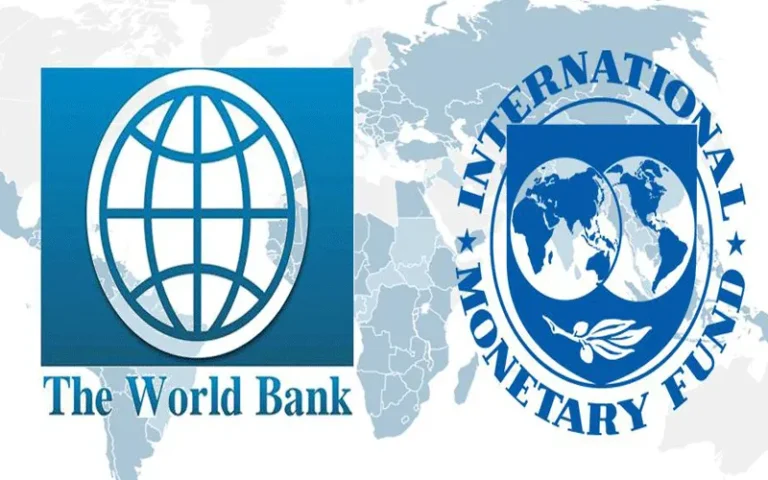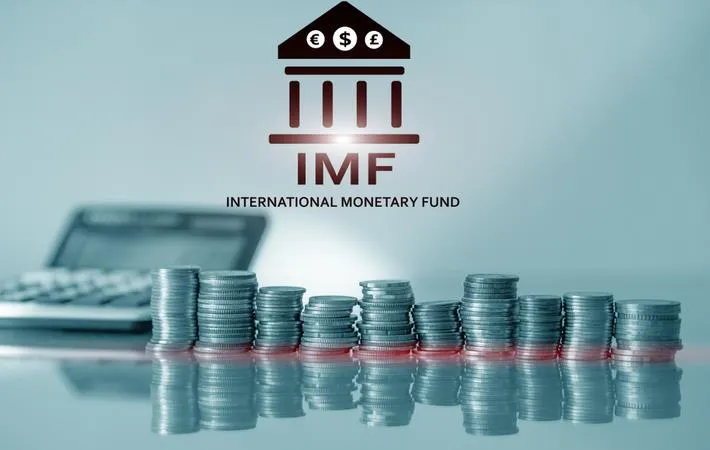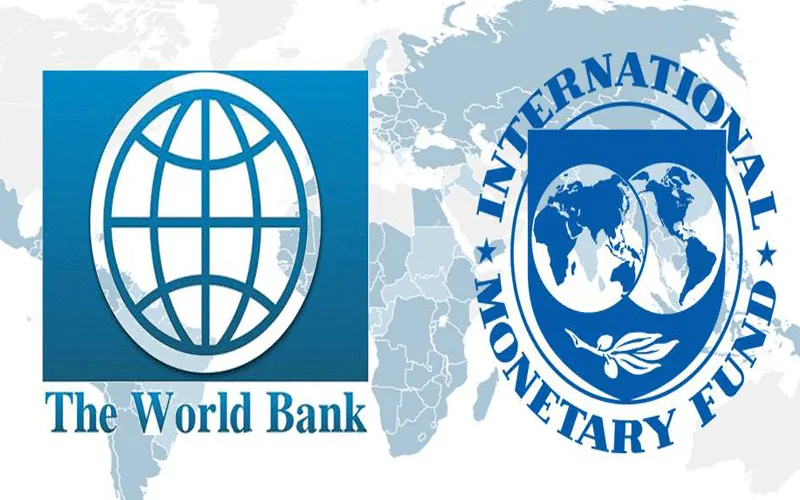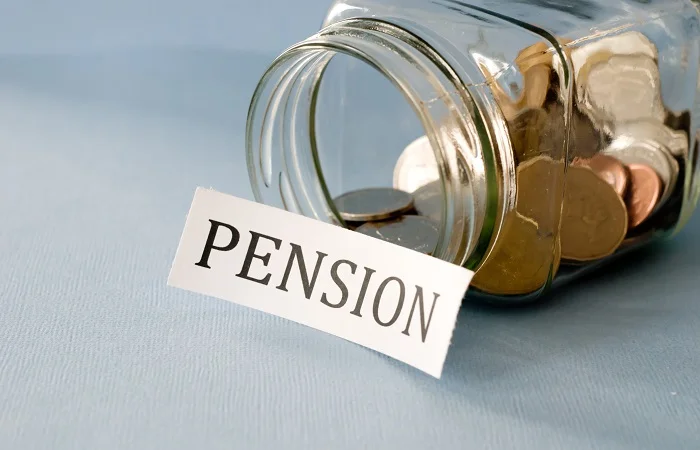The President of the Sri Lanka Business Council of Japan (SLBCJ), Jagath Ramanayake, recently highlighted uncertainties concerning Japanese banks’ ability to process letters of credit (LCs), which are crucial for facilitating vehicle imports(Motor Industry). During a media briefing, Ramanayake explained that international law ensures once an LC is opened, it cannot be cancelled, which typically allows for the shipment of goods without any hindrances. However, amidst the economic turmoil in Sri Lanka, the government was compelled to suspend the use of LCs across all Japanese banks, casting doubts on their future willingness to open new LCs from February 1.
Optimism Despite Economic Challenges



Despite these challenges, Ramanayake expressed optimism, noting that the Council has been actively communicating with Japanese authorities regarding the economic progress made with the International Monetary Fund (IMF). He remains hopeful for a favorable response from Japanese banks by next month.
Economic Impact of Vehicle Imports
However, Indika Sampath Merenchige, Chairman of the Vehicle Importers Association of Lanka (VIAL), tempered expectations for a rapid increase in vehicle imports due to ongoing market conditions. Yet, he underscored the significant revenue potential for the government through vehicle imports, suggesting that contributions from expatriates could significantly reduce the government’s budget allocation for imports from Rs. 1-1.2 billion.
Potential for Job Creation and Economic Stimulus
Merenchige also highlighted vehicle imports as a critical avenue for enhancing tax revenue and stimulating economic activity in Sri Lanka. Echoing this sentiment, Prasad Manage, President of the Vehicle Importers Association of Sri Lanka (VIASL), emphasized the potential for substantial job creation through the reopening of the vehicle market, estimating that it could generate 2-3 million direct and indirect employment opportunities. However, Manage cautioned that any missteps in the reopening process could result in another market closure, stressing the need for precision in managing this initiative.
Challenges in the Vehicle Market
The ban on vehicle imports, instituted in March 2020 to mitigate foreign exchange outflows during the economic crisis, significantly stifled the auto industry for years. Manage also advised against rushing to make down payments for vehicles, citing the current uncertainties surrounding prices and import processes.
Phased Reopening and Economic Recovery
In a phased approach, the government resumed imports of passenger transport buses and specialized service vehicles on December 14, 2024. The next phase, starting in February 2025, will allow for the importation of goods transportation and private vehicles, aligning with the country’s Extended Fund Facility (EFF) agreement with the IMF to support economic recovery and reform measures.
IMF Support and Future Prospects
Peter Breuer, IMF Senior Mission Chief for Sri Lanka, lauded the decision to restart vehicle imports last November, recognizing the potential boost to state revenue. He emphasized the importance of managing the process prudently to prevent undue pressure on foreign reserves.
Strengthening Foreign Reserves and Economic Stability
Sri Lanka’s gross official reserves improved significantly, reaching $6.5 billion by the end of November 2024, compared to $4.4 billion at the end of December 2023. In a parliamentary speech on December 17, 2024, President Dissanayake assured the public that the initiative would not trigger a foreign exchange crisis, emphasizing the need for meticulous monitoring to ensure economic stability. He reiterated that indefinitely closing the vehicle industry is not a sustainable option.











